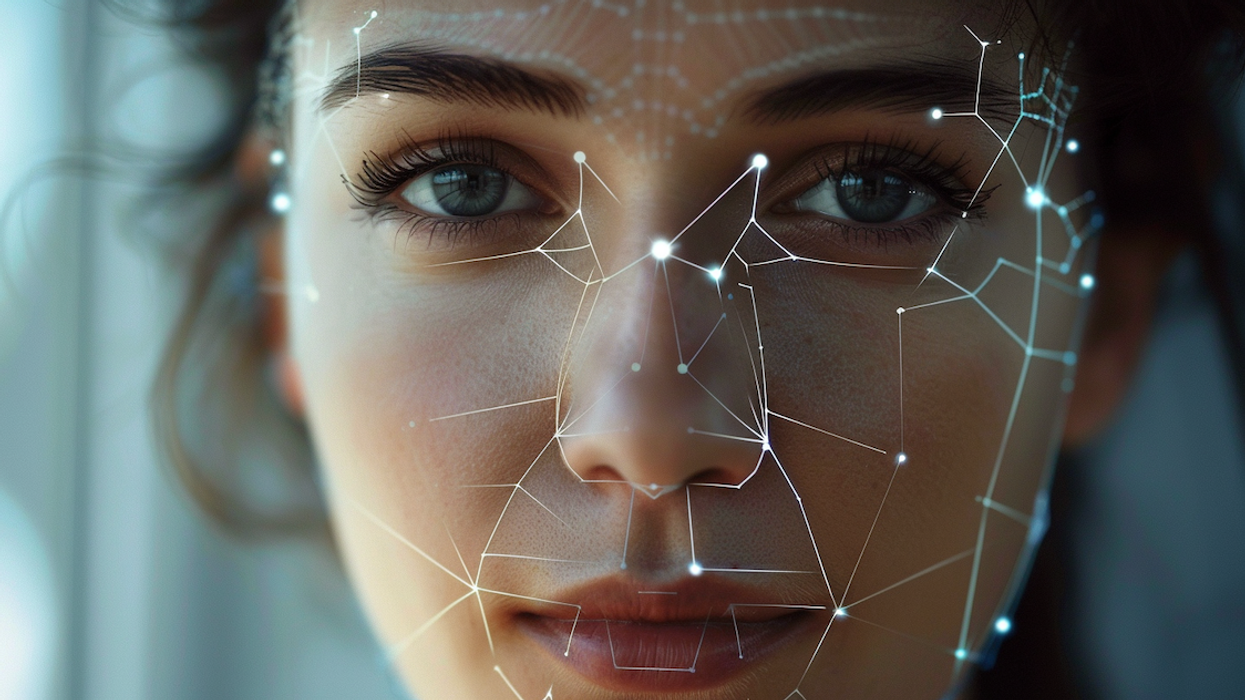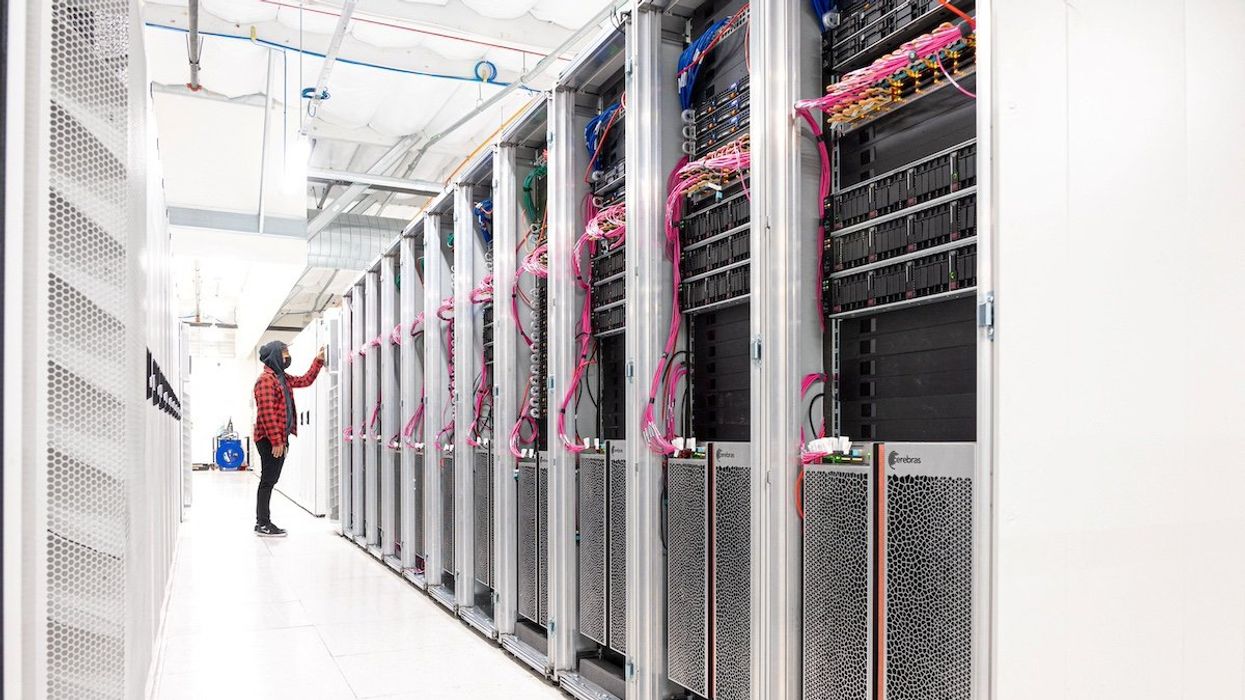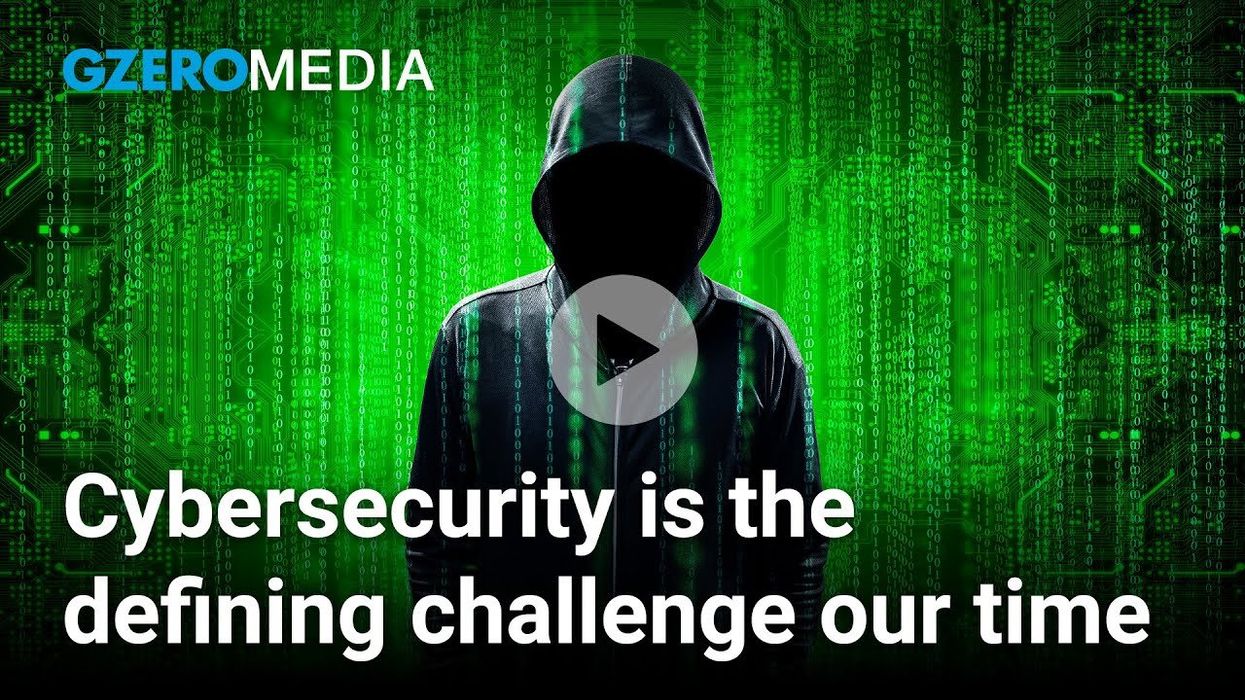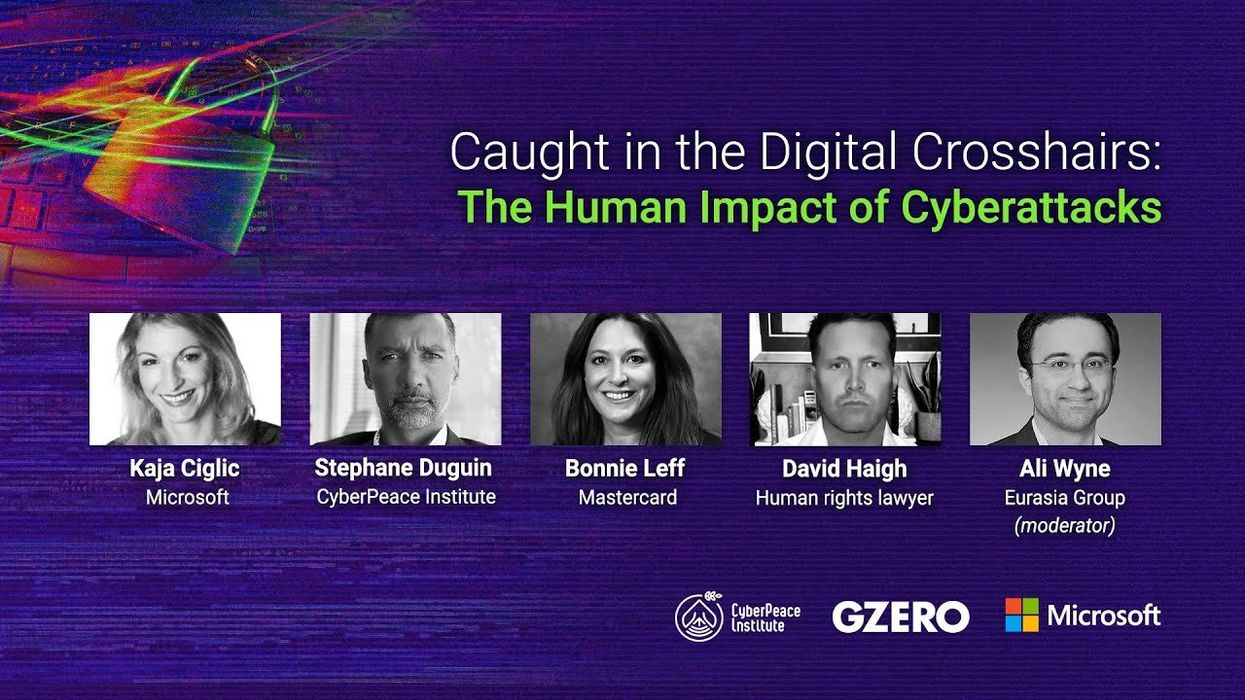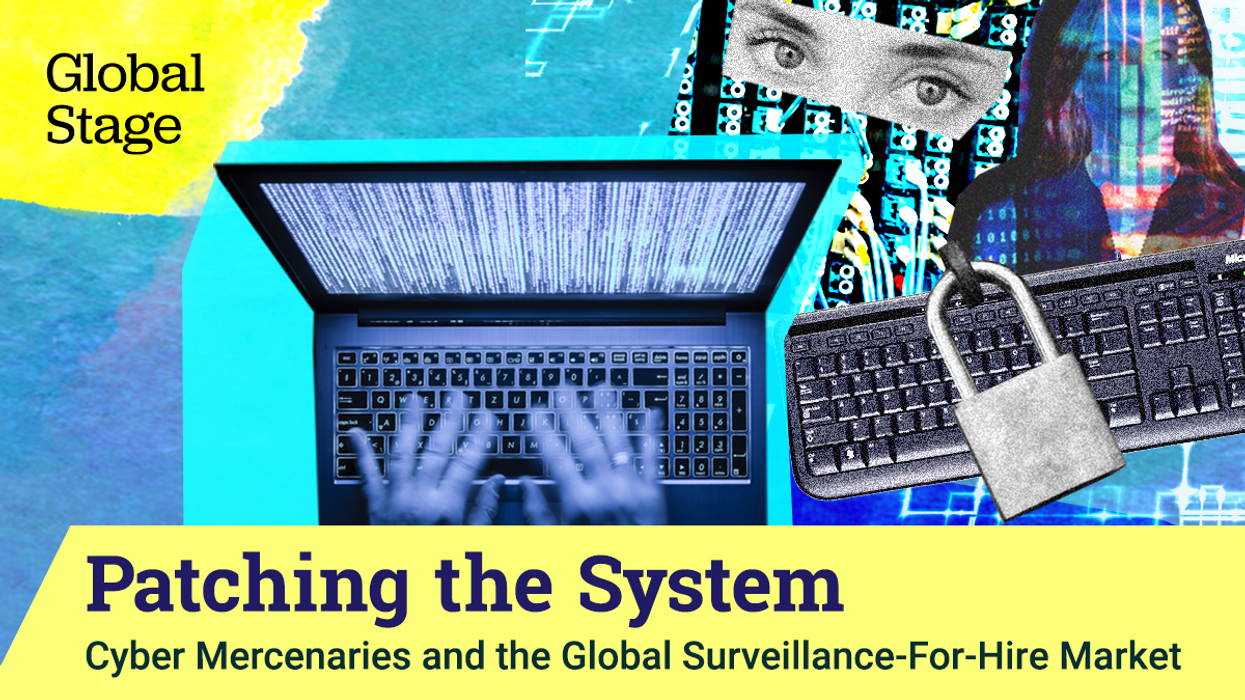GZERO AI
Your face is all over the internet
On the subway, you see someone out of the corner of your eye. Do you recognize them? A former classmate? A coworker from three jobs ago? Maybe a short-lived fling? That question nags in your head: Who are they? AI has an answer ...
Jun 11, 2024
